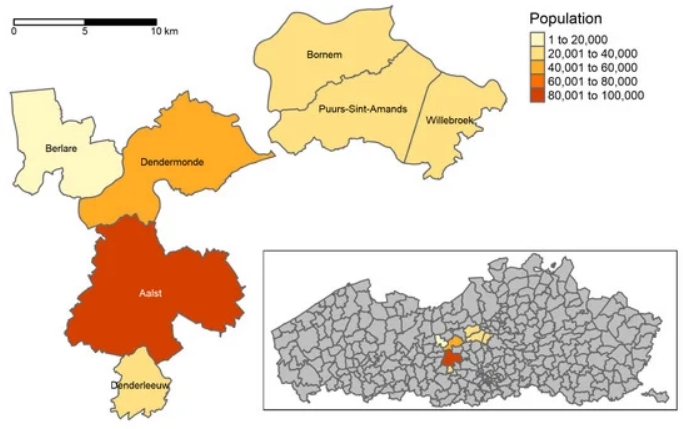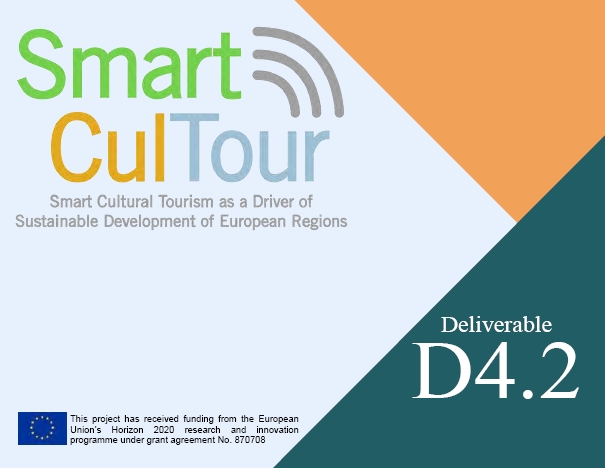Resident Support for Tourism Development: Application of a Simplified Resident Empowerment through Tourism Scale on Developing Destinations in Flanders
Bart Neuts (KU Leuven), Senne Kimps (Visit Flanders) and Jan van der Borg (University Ca’Foscari of Venice) have authored an interesting article that focuses on the relatively underdeveloped Scheldeland region in Flanders (Belgium), where a strategic goal is to leverage cultural and natural heritage to boost development.
Via a resident questionnaire based on a simplified version of the Resident Empowerment through Tourism Scale (RETS), the authors have identified support for tourism development and deconstructed the drivers of this support. The objective was to empirically validate the research instrument and underlying theory in a situation of relative ‘undertourism’ and prospective future growth. The questionnaire collected 2058 responses, and the partial least squares-structural equation modeling (PLS-SEM) results indicated that support for tourism, which was generally high across the seven municipalities, was mainly affected by social, psychological, and political empowerment, with personal economic benefits not playing a significant role. These results show that social exchange theory (SET) as a theoretical basis for potential tourism support has limited validity in currently underdeveloped destinations. Secondly, comparatively speaking, the municipalities with the lowest tourism development were least supportive of tourism growth, with an increase in tourism intensity seemingly leading to increasing support due to a higher awareness of accrued benefits through tourism
You can read the full paper here: Resident Support for Tourism Development



